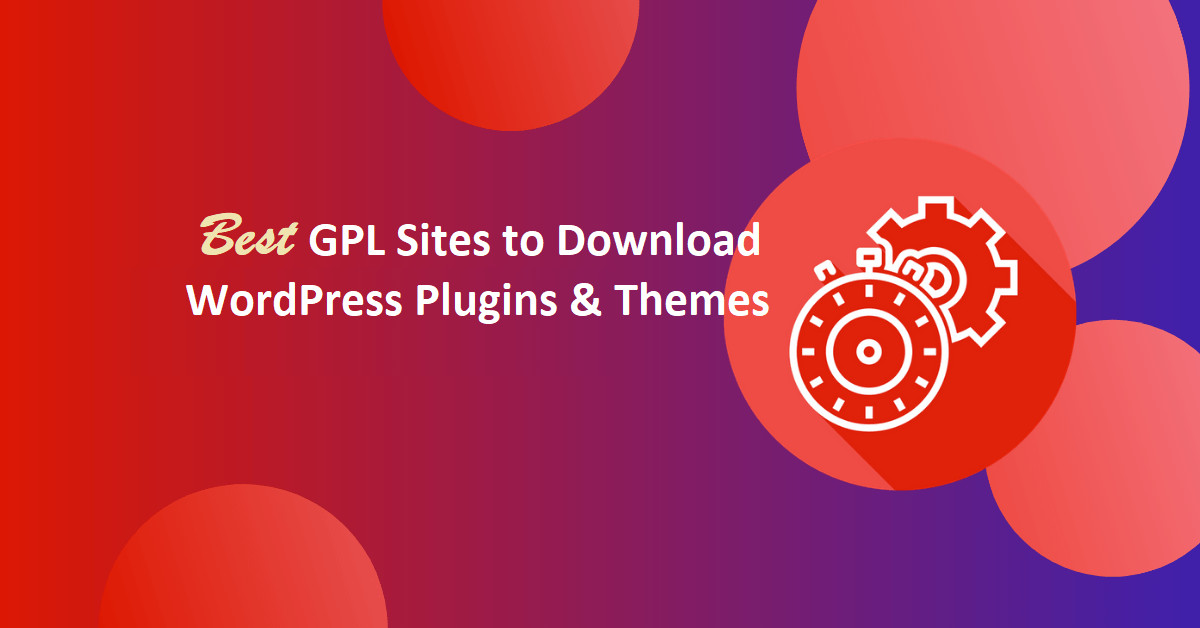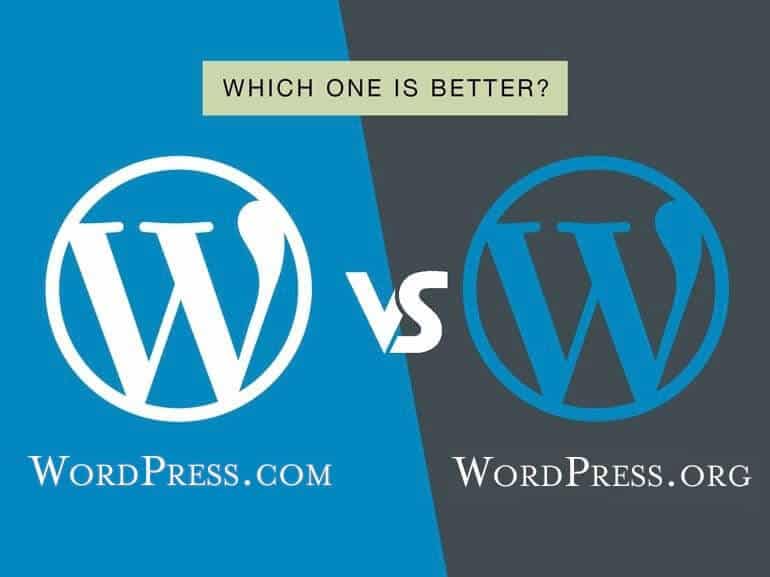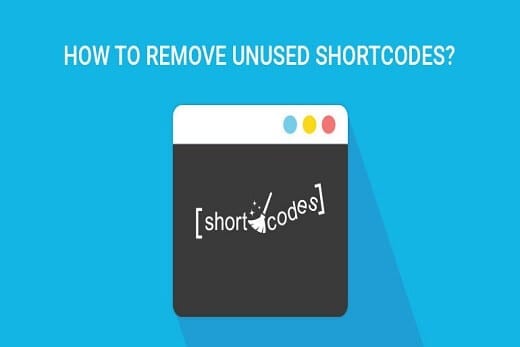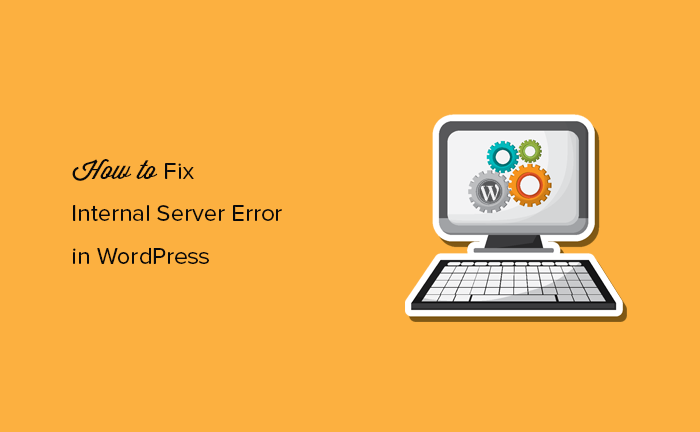Many businesses today use proxies for online anonymity purposes. There are different types of proxy servers available in the market today. The most common ones are data center proxies and residential proxies. This article will help you get the basic difference between Data Center Vs. Residential Proxies.
You are probably asking yourself what’s the difference between the data center and residential proxies. You will find all the basics in this article, but if you would like more in-depth information, visit the Oxylabs blog, they talk a lot about web scraping solutions, proxies included.
Well, before we dive into the differences, we need to first go through the basics – what are proxies?
Difference Between Data Center and Residential Proxies: What Are Proxies?
You must have heard about proxies and what they are capable of doing. Never heard of proxies? Well, don’t worry, we got your back!
A proxy server or simply a proxy is a gateway that exists between the internet and your device. In other words, a proxy will act as an intermediary separating websites and the end-users.
Every time you browse, traffic flows via the proxy before reaching the intended destination page. In the same way, the response from the destination page will pass through the proxy before reaching your device.
Another aspect of proxies is that they provide high levels of security every time you go online. Every computer accessing the internet will have an Internet Protocol (IP) address assigned to it. A proxy server also has its IP address.
Any time you send a request, the server will receive it, change your IP address, and process the request on behalf of your device. The process takes place in such a way that your original IP address is not exposed. IP masking ensures that you enjoy high anonymity levels.
Data Center Vs. Residential Proxies
As mentioned earlier, data center and residential proxies are the most common proxies, and they both provide high levels of anonymity. So, what’s the difference between the two? Let’s narrow down each type of proxy.
Data Center Proxies
These proxy types are not in any way associated with an Internet Service Provider (ISP). Majorly, secondary corporations and cloud server providers are responsible for providing these servers.
Different users can use the same server at the same time (if the proxies are shared). Datacenter proxies are usually not listed since they are not offered by an ISP, which makes them vulnerable to flagging.
Pros
- Fast – in comparison with residential proxies, data center proxies are faster. A lot of tasks require high speeds. Datacenter proxies ensure that you complete all your business tasks in a short time.
- Cheap – data center proxies are less expensive than residential proxies. These proxies are way less expensive, fast, and won’t break the bank.
- Secure – despite data center proxies being illegitimate, they will still mask your IP address and offer online anonymity. If you get the right provider, then you don’t have to worry about your online security or being banned or blacklisted.
- Datacenter proxies are ideal for data harvesting – if you are a business entity looking for proxies for purposes of data collection, then these are the proxies to go for. Ensure that you look for a reliable source.
Cons
Datacenter proxies are not legitimate – these proxy servers are not provided by an ISP, and therefore, they are not recognized. Cloud server providers create these servers and can be detected, flagged, banned or blacklisted, especially if your company buys them from an untrusted provider. To avoid being banned, make sure that you source all your proxy server from the right provider.
Residential proxies
A residential proxy is a real server with an actual IP address issued by an Internet Service Provider (ISP). A proxy provider will sell that real IP address to a user in a different location. When the user/business browses the internet via the proxy, they will achieve a connection as if they at the physical location of the server. These proxies can’t be banned or flagged since they are associated with a real physical location and an ISP.
Pros
- Residential proxies are legitimate – Residential proxies are associated with an ISP and a specific location, and therefore, they are legit and real
- They are hard to blacklist – residential proxies are legit which makes them hard to be flagged and banned
Cons
- Residential proxies are expensive – as compared to data center proxies, residential proxies are more expensive. They offer high anonymity levels, and they are so hard to be blacklisted, which makes them even more costly
Datacenter proxies or residential proxies?
Now that you know the difference between the data center and residential proxies, which proxy type should you choose for your business? Well, that depends on you – whether you are looking for legitimacy and security or fast proxies that will help you with your task and shield your IP as well.
Both data and residential proxies will mask your online identity. However, residential proxies are hard to detect and therefore, more secure – they won’t leave footprints or trigger security alarms. Datacenter proxies, on the other hand, are fast and ideal for data harvesting.
No matter the type of proxy you choose to use for your business, ensure that you buy them from a trusted provider.
If you still have doubts then feel free to leave a comment on this article at the bottom and we will be happy to answer you.
If you liked this article, then please subscribe to our YouTube Channel for WordPress video tutorials. You can also find us on Twitter and Facebook.









